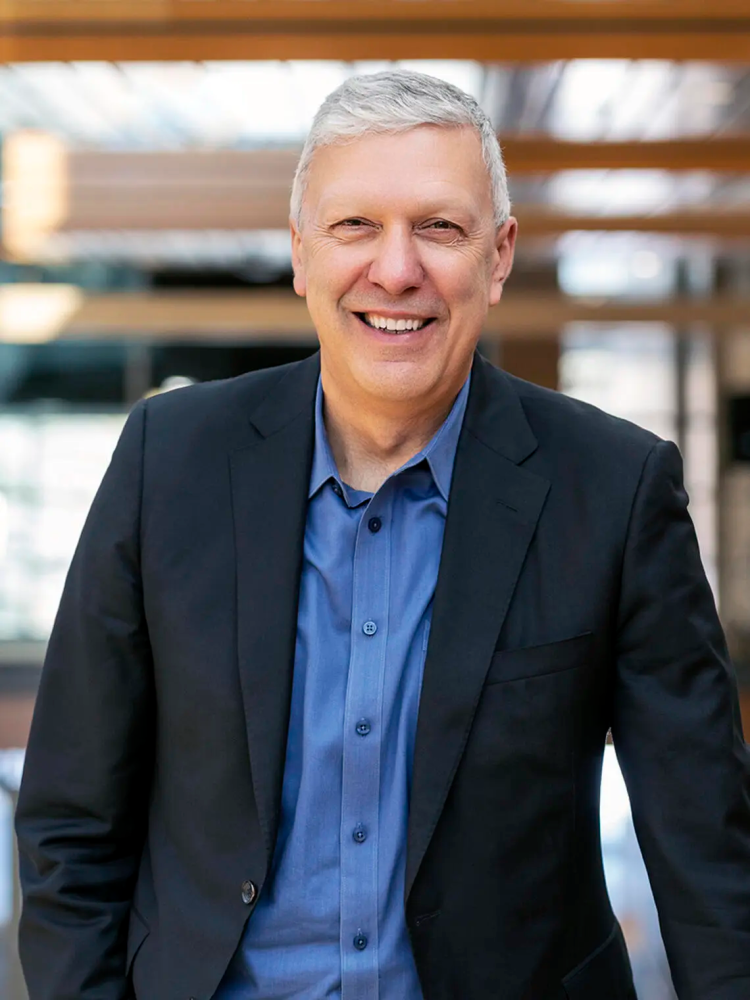Since 2014, Dr. Steven Bryant, PhD, has been leading the way toward improving and optimizing in-situ oil recovery the extraction of oil or bitumen from underground deposits without physically removing the surrounding sand, clay, and water using nanotechnology.
As UCalgary's first Canada Excellence Research Chair (CERC), Bryant built a highly-skilled team that explores how to use less steam, recover more oil, and reduce the carbon footprint of unconventional hydrocarbon extraction.
Bryant's state-of-the-art CERC lab in the Energy Environment Experiential Learning (EEEL) building has been a hub for finding creative solutions to common challenges in the oil and gas industry. The team has collaborated with more than 30 partners from around the globe, produced four startup companies, developed 18 inventions, supported more than 100 highly qualified personnel (HQP), and generated more than 35 publications.
Legacy of inventions and startups
"There is a spirit of innovation and entrepreneurship in Calgary, in Alberta, and certainly at this university," says Bryant, when asked about the outcomes of the CERC lab. "I became immersed in this idea of how startups can have an impact based on deep-tech, hard-tech. What started happening was just a whole series of invention disclosures, several of which moved on towards patents, and some of those were picked up as the foundation for some startups."
"That was something we hadn't planned on, but it became the focus for a while and was pretty successful," adds Bryant, who is a professor in the Schulich School of Engineering's Department of Chemical and Petroleum Engineering.
Video Credit: Cody Coates, Office of the Vice-President (Research)
Ongoing support lives on through new program
As Bryant's time as a CERC-holder winds down, the legacy of his lab lives on. The Lab Services Incentive Program (LSIP) is a collaborative program designed to accelerate the development of innovative, emissions-reducing technologies in Alberta.
The CERC lab has been renamed the Institutional Infrastructure for Innovation (III) and will continue to support startups, small-to-medium enterprises (SMEs), and Alberta's world-class post-secondary research institutions with access to specialized laboratory facilities and expertise.

William Ghali, vice-president (research). Photo Credit: Kokemor Studio
"Innovation can't happen in a vacuum," says Dr. William Ghali, vice-president (research). "It requires access to physical spaces and human support to get ideas off the paper and into the world, and the ability to test and refine those ideas in safe spaces, without cost being a barrier to success."
"UCalgary supports innovators in getting their ideas into the world to help advance emissions reduction mandates and grow the clean tech ecosystem in our province," he adds.












